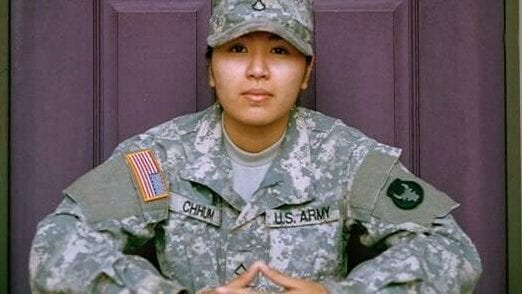Serving Those Who Serve?
Barriers to Reproductive Health Care for Military Servicemembers and Veterans

The Center for Reproductive Rights and partners have developed a set of three issue briefs focusing on reproductive health care for servicemembers, veterans and their families. The series, titled Serving Those Who Serve?, describes the unique barriers United States servicemembers and veterans face in accessing reproductive rights and care, including obstacles to accessing abortion, contraception, and in vitro fertilization services.
Serving Those Who Serve? Restrictions on Abortion Access for Servicemembers, Veterans, and Their Dependents. This issue brief, developed in collaboration with the Service Women’s Action Network, describes the unique institutional, financial and logistical barriers servicemembers, veterans and their families face when trying to access abortion care. Among other obstacles, federal law prohibits the Department of Defense from providing abortion services at military treatment facilities, and the TRICARE insurance program from covering such services, except under very narrow circumstances. The Veterans Health Administration (VHA), which provides health services to veterans, does not provide or pay for abortion services under any circumstances. The issue brief concludes with recommendations for congressional and executive action to address these problems.
Serving Those Who Serve? Access to Contraception for Servicemembers, Veterans, and Their Dependents. This issue brief, developed in collaboration with the Service Women’s Action Network and Power to Decide, discusses the numerous barriers faced by servicemembers, veterans and their families in accessing the contraception they need, particularly as compared to the civilian population. The issue brief calls on Congress and the administration to reinforce and build upon Defense Health Administration guidance in order to improve access to contraception.
Serving Those Who Serve? Access to IVF for Servicemembers and Veterans. This issue brief, developed in collaboration with the Service Women’s Action Network, examines the infertility incidence and access to in vitro fertilization (IVF), the most common form of assisted reproductive technology, for servicemembers and veterans. The brief also discusses the legal restrictions on insurance coverage, cost barriers, and logistical and systemic barriers they must overcome to access care. The issue brief includes policy recommendations for ensuring equitable access to infertility care.
